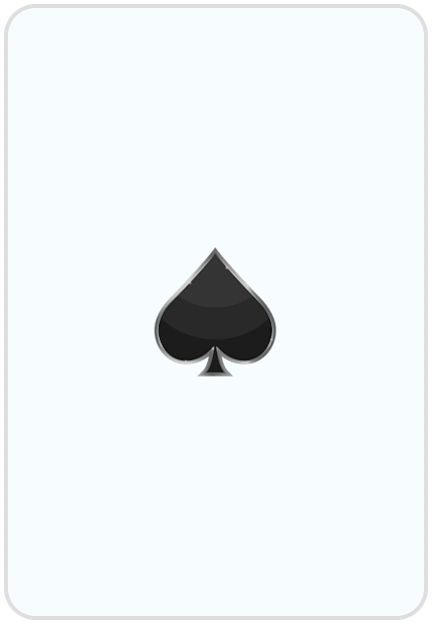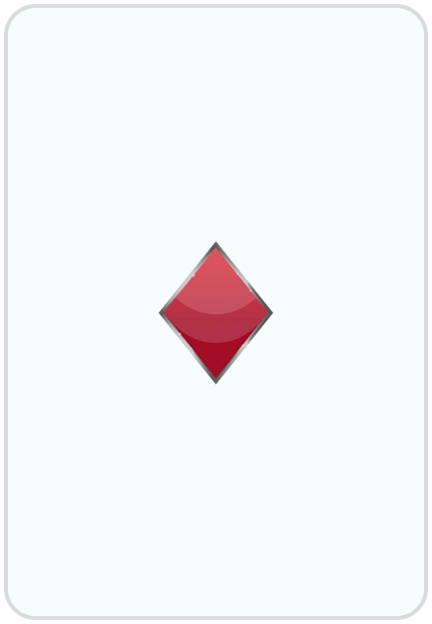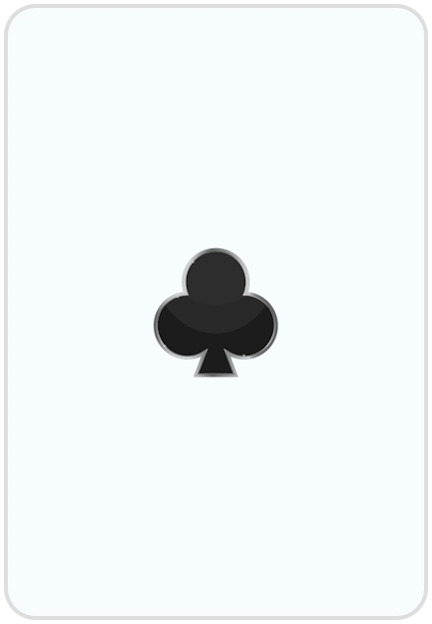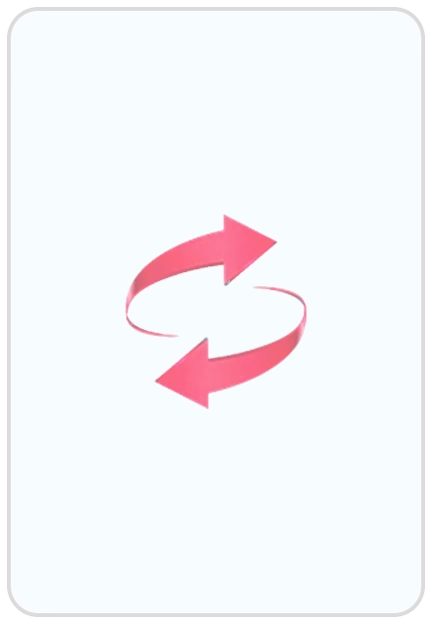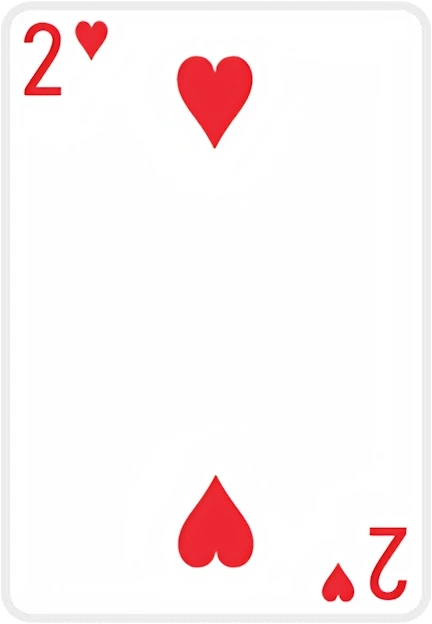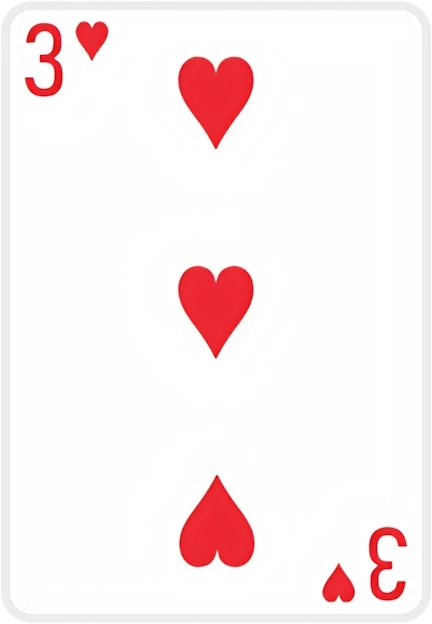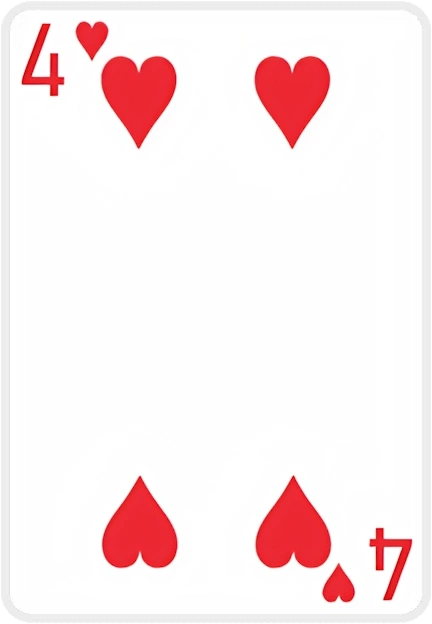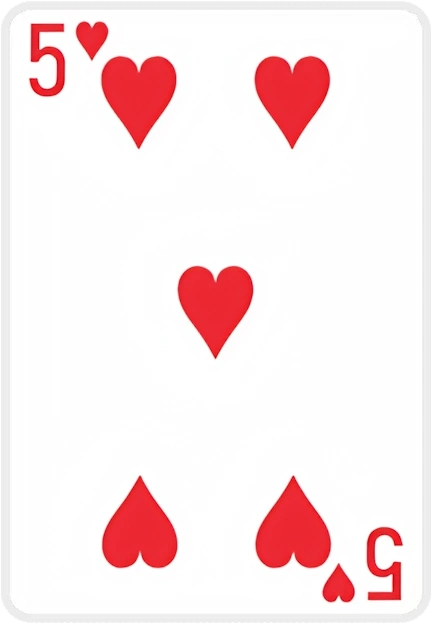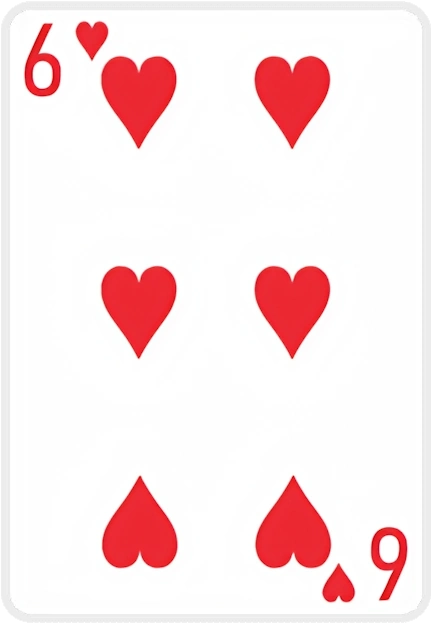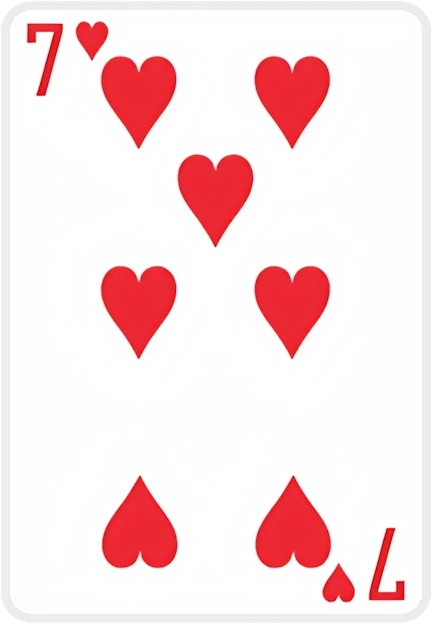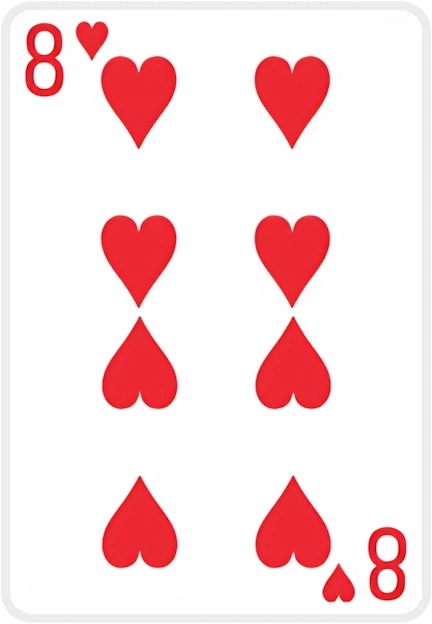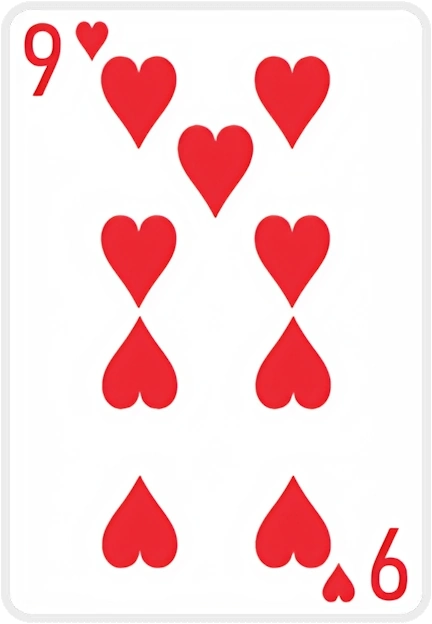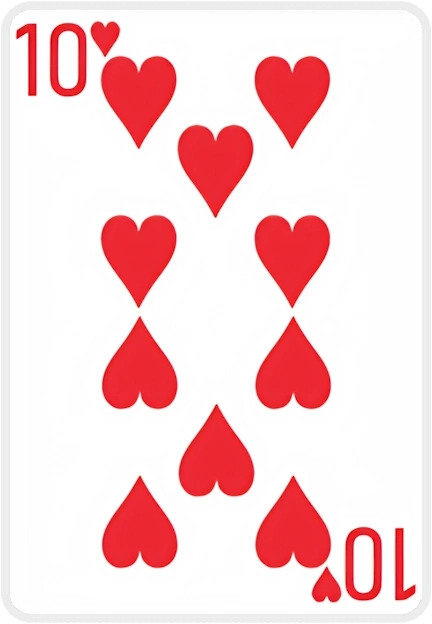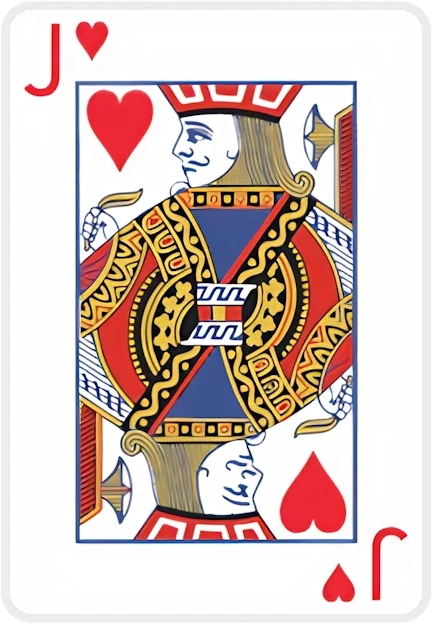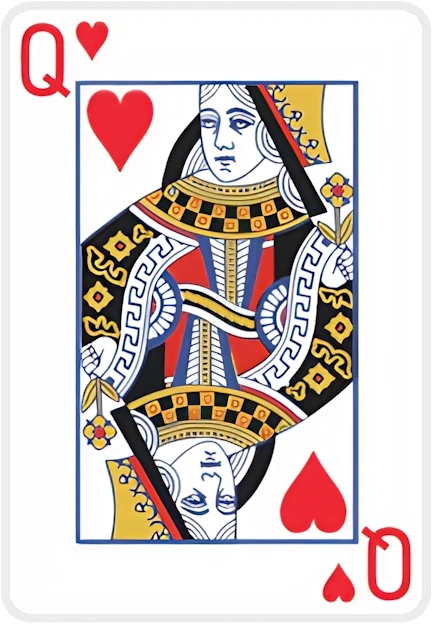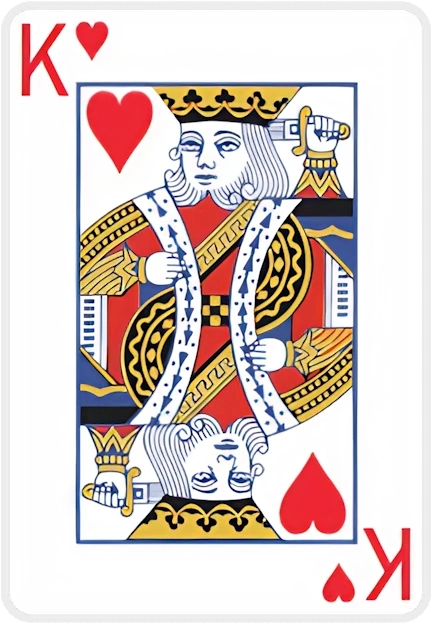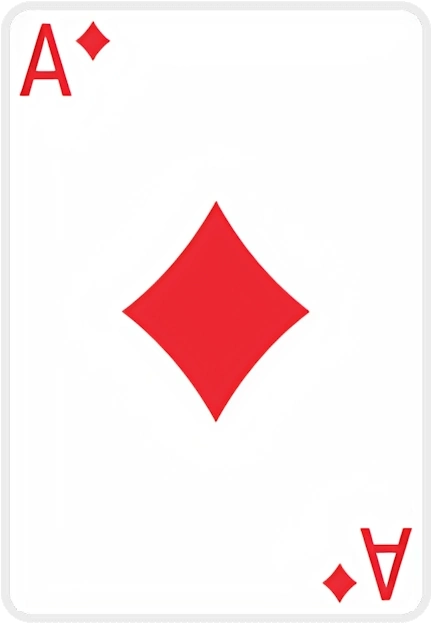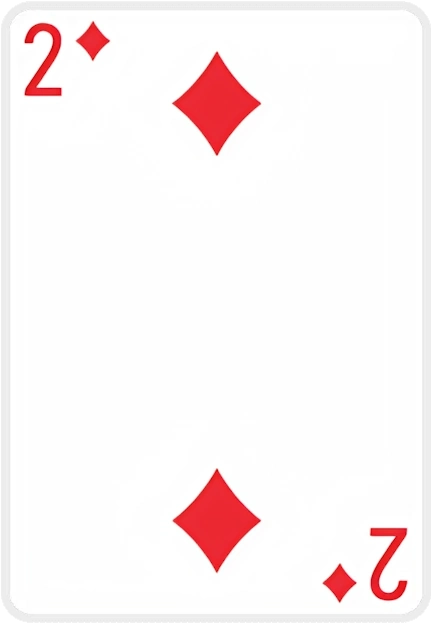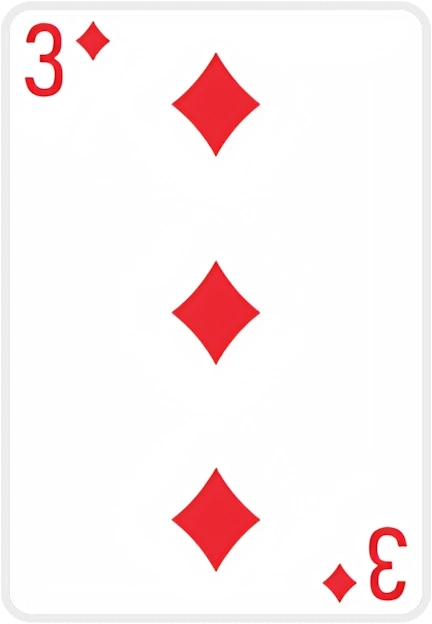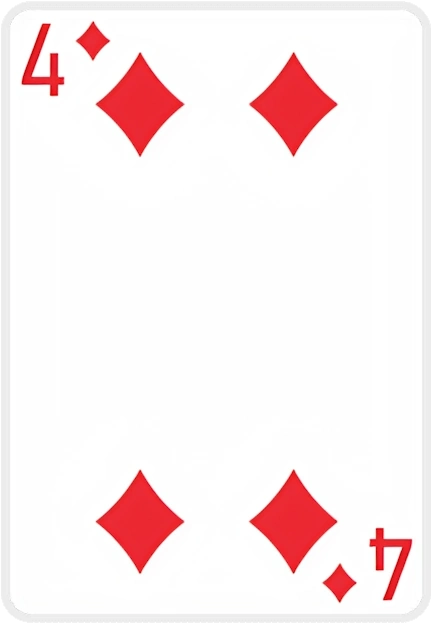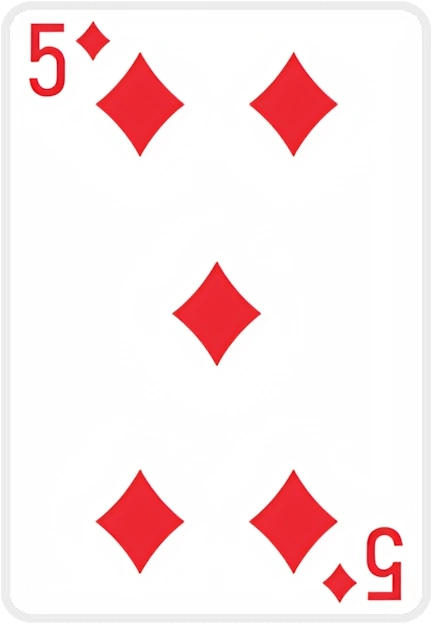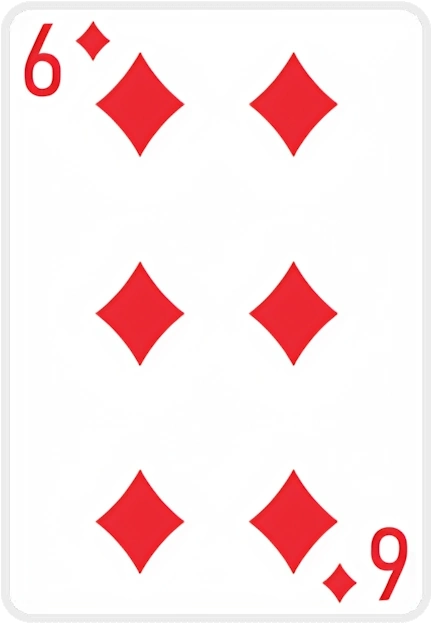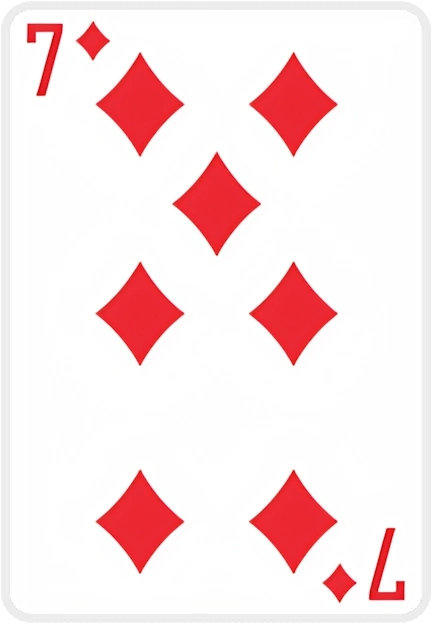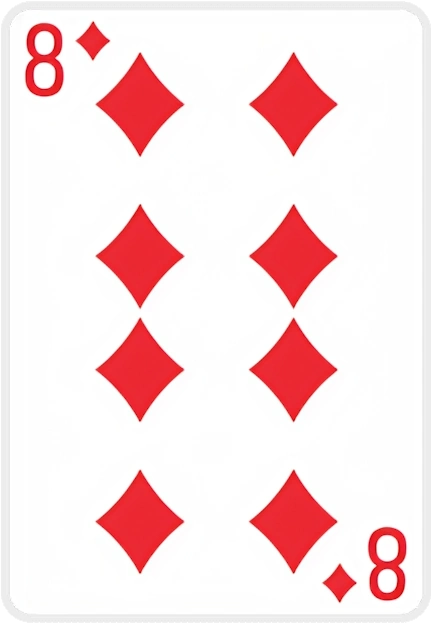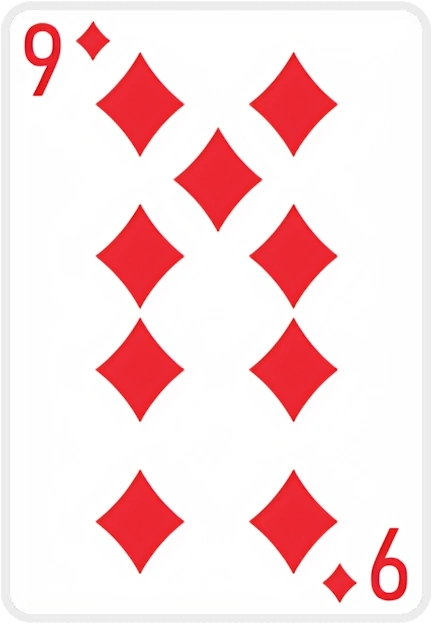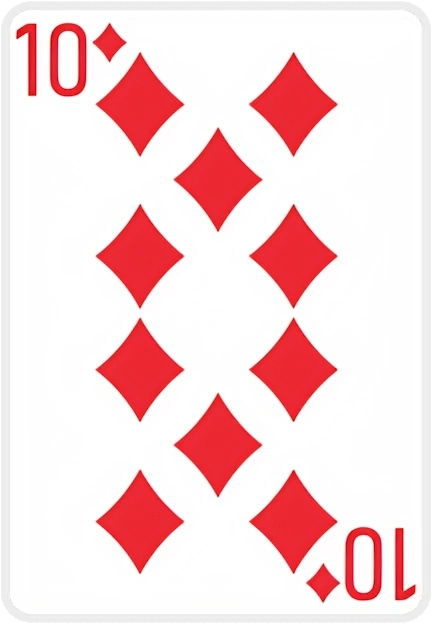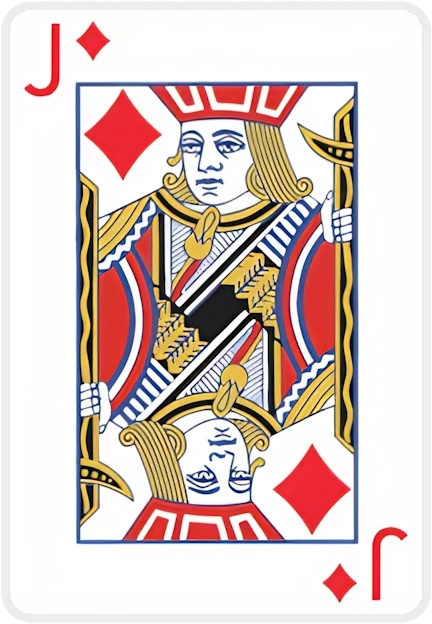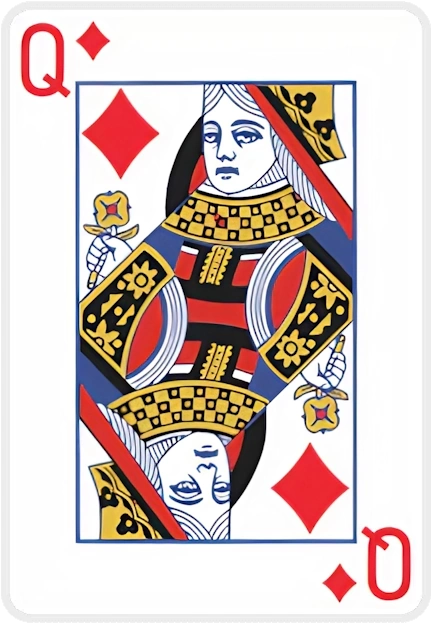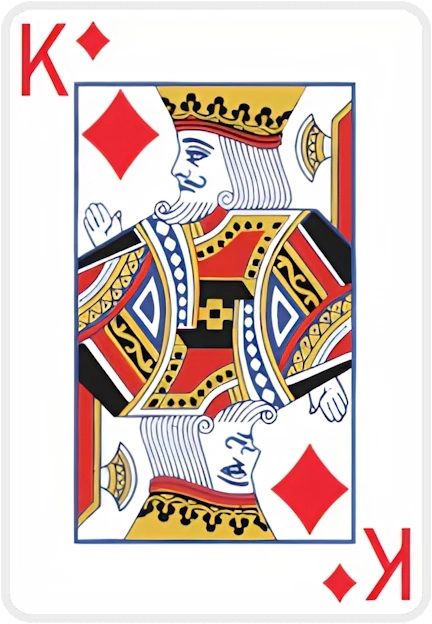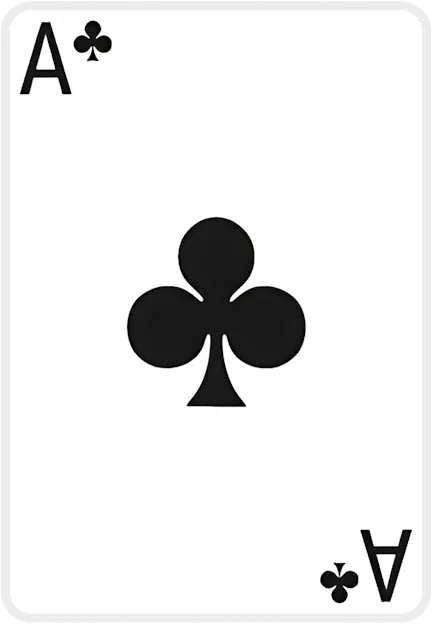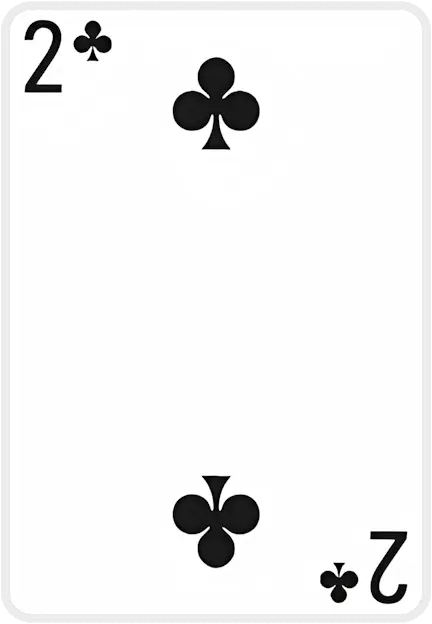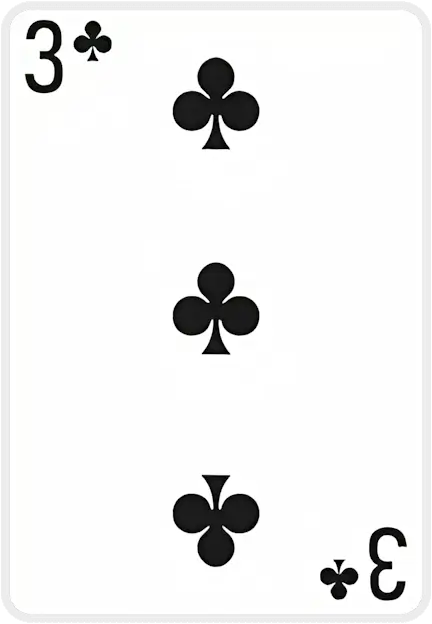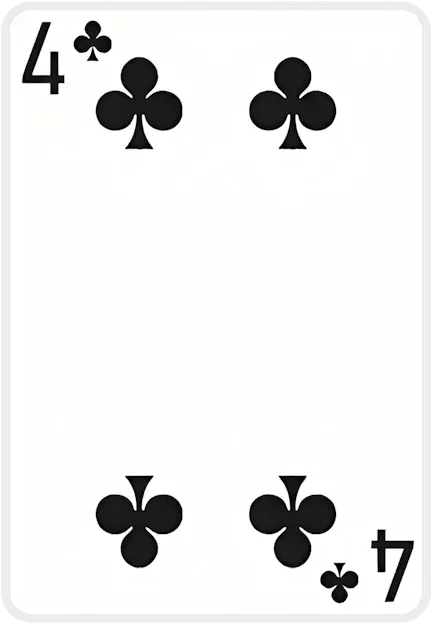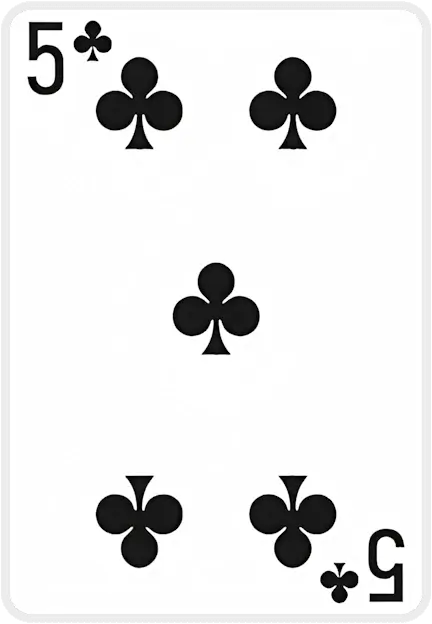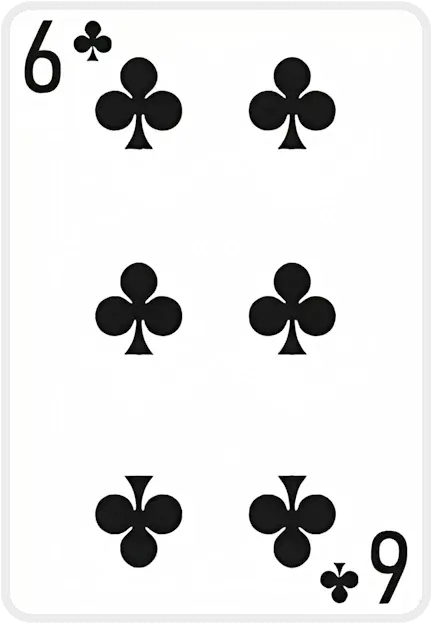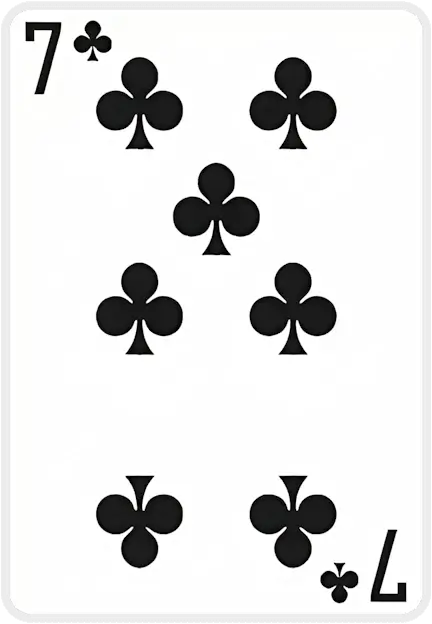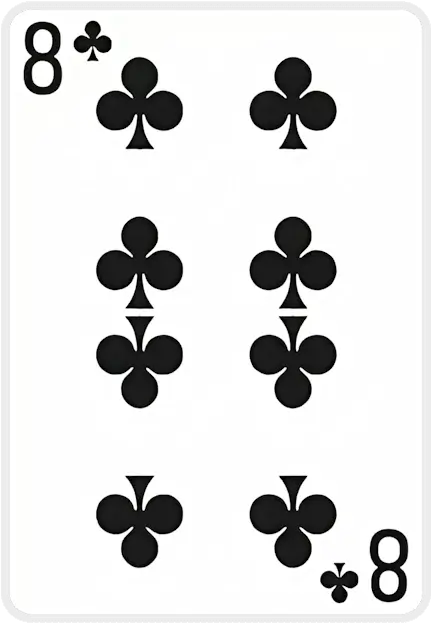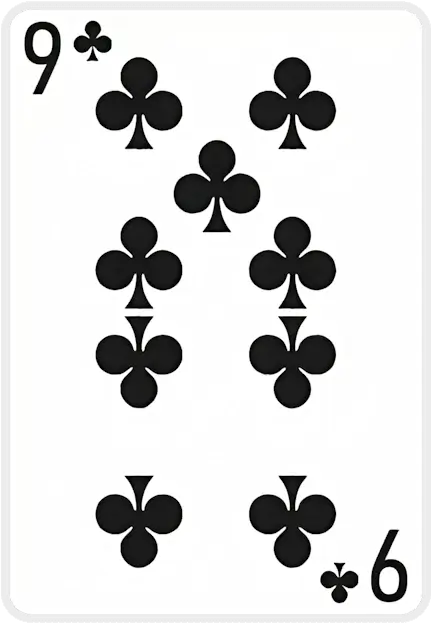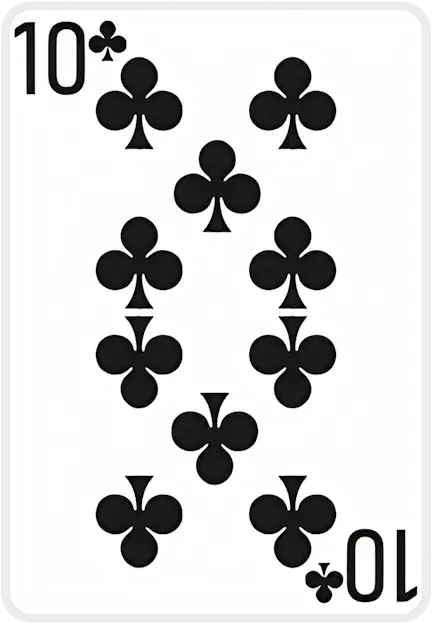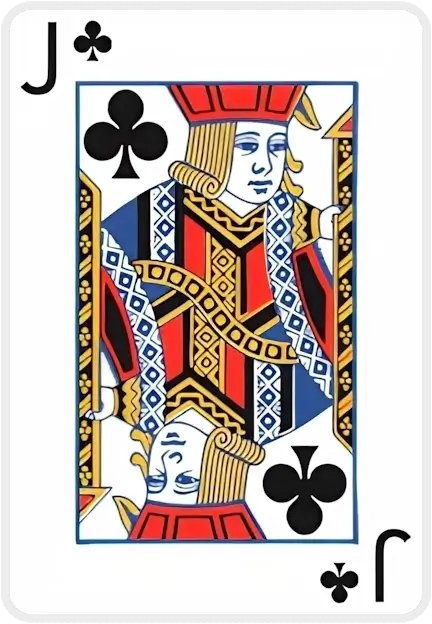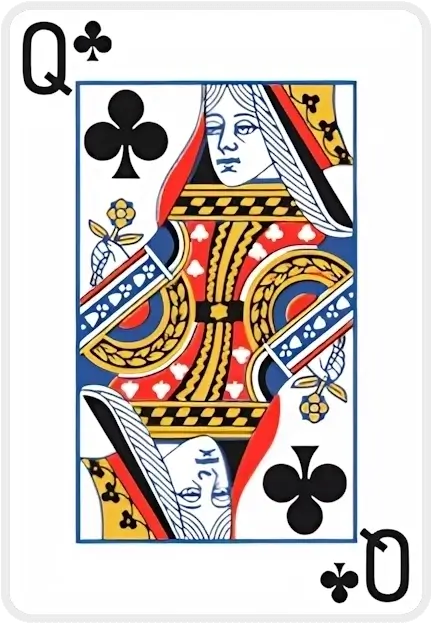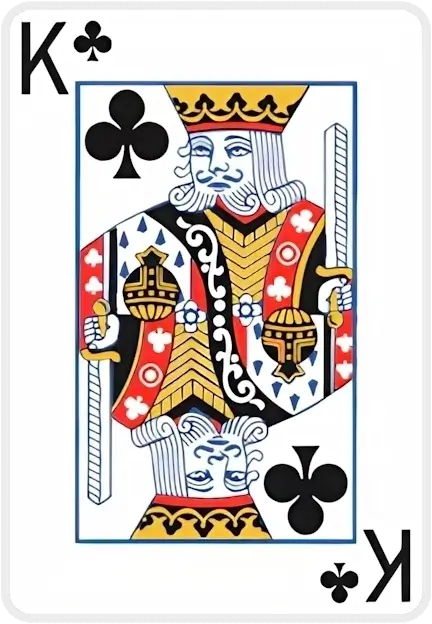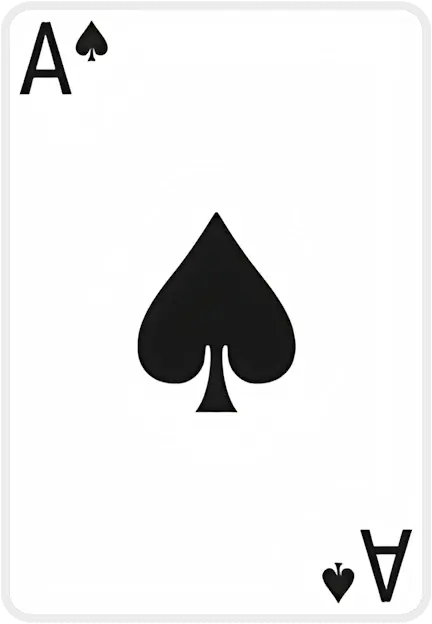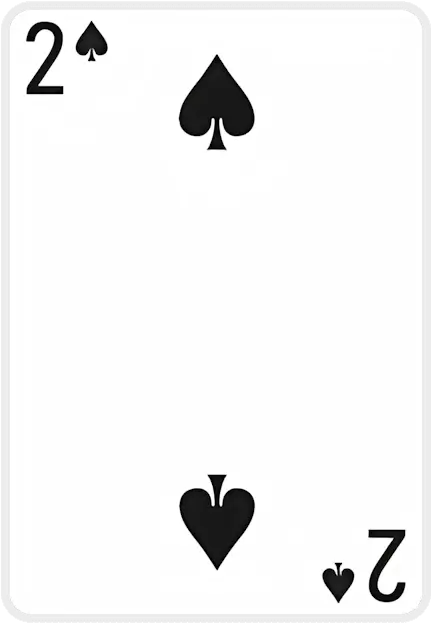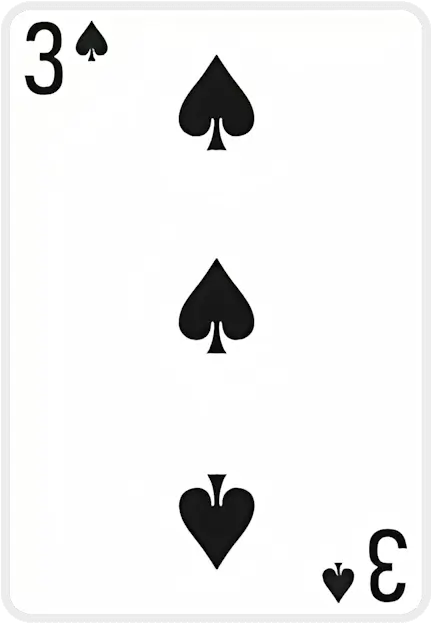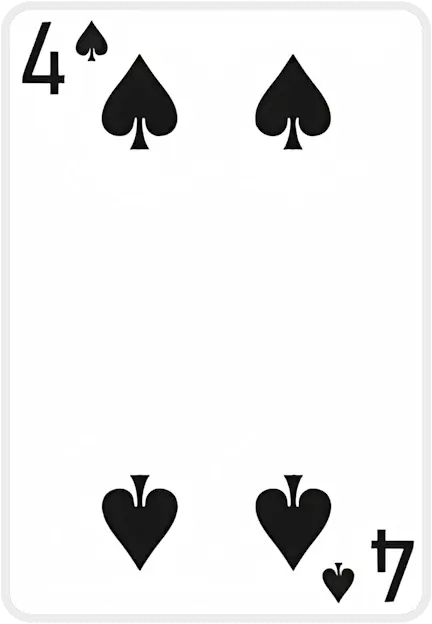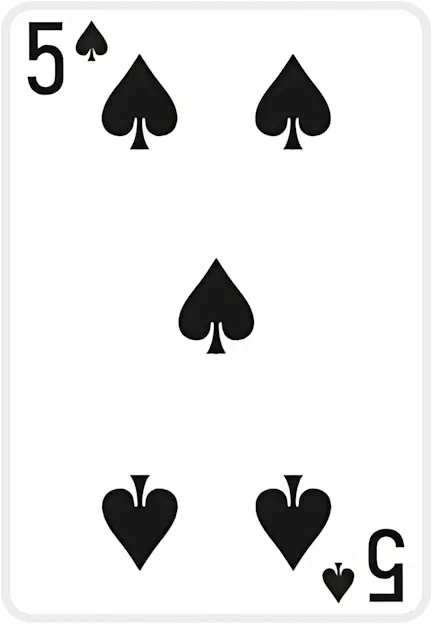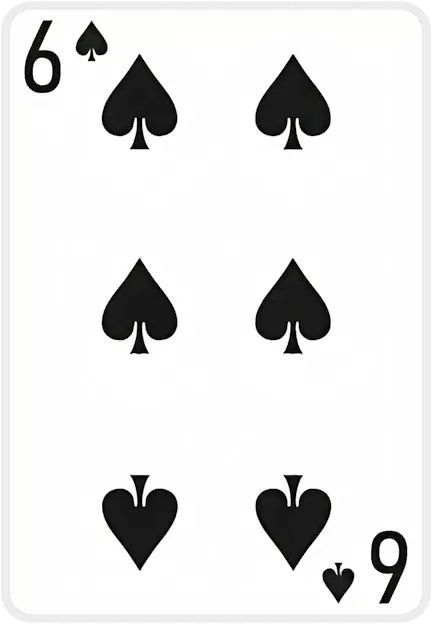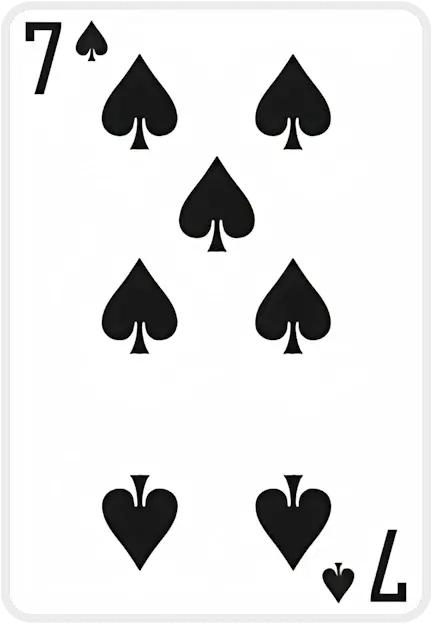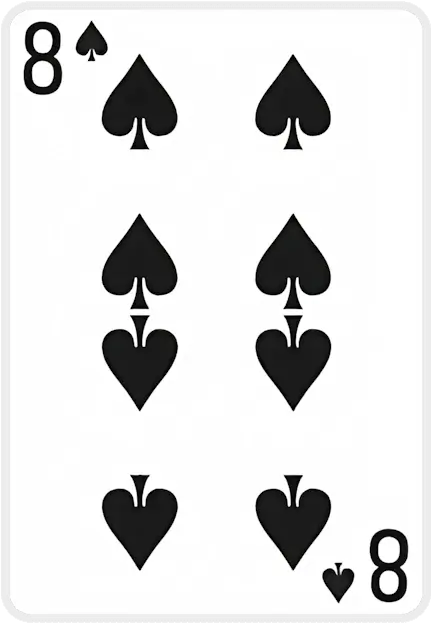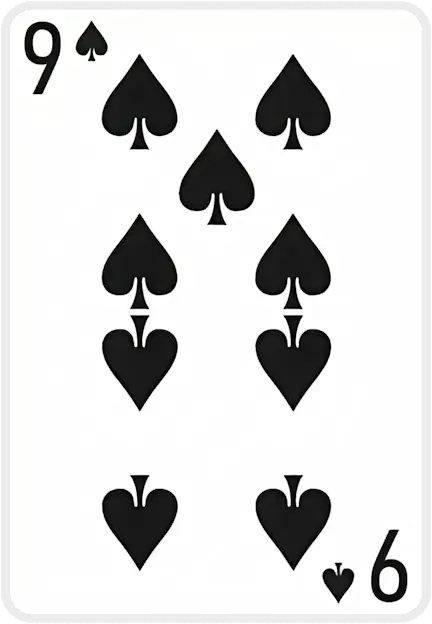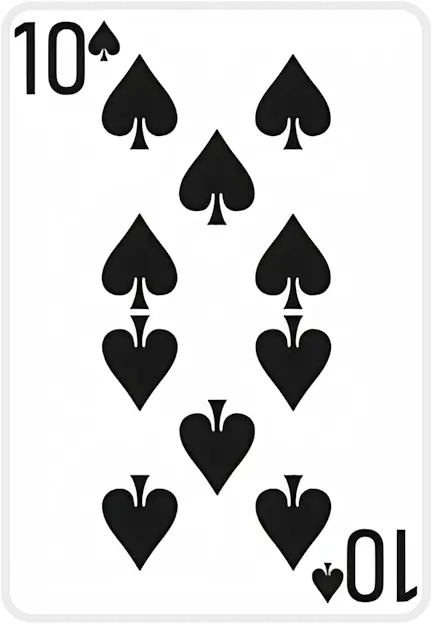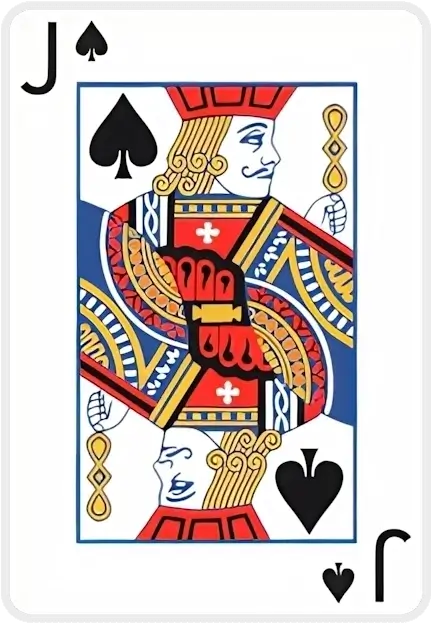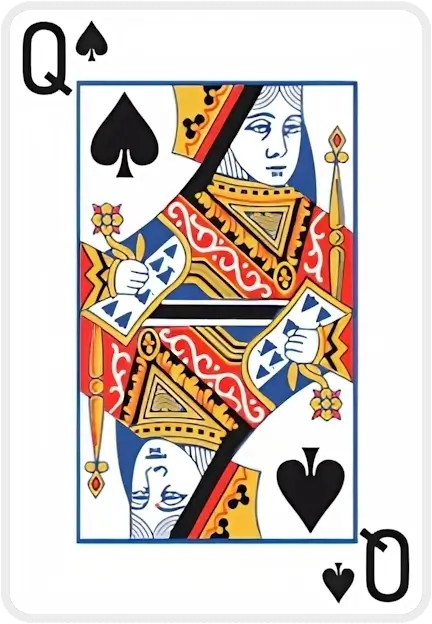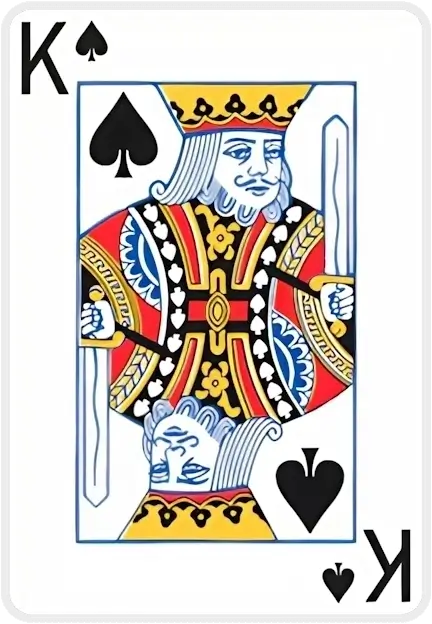Cannot drop, your card needs to be of an opposite suit colour
Cannot drop, your card needs to be one rank lower
Cannot move multiple cards to foundation
Card suit doesn't match foundation pile suit
Card can only be dropped on top of a card pile
Cannot deal cards when there are empty tableau piles
You can only move {0} card(s) at a time based on the current free cells and tableau
The cards don't add up to 13 and cannot be moved
The card is inaccessible and move cannot be performed
Cards must be in sequential order (one higher or lower)
Calculation Solitaire

Calculation Solitaire – Free Online Card Game
🃏✨ Ready for a brain-teasing card challenge? Calculation Solitaire is a unique, free online solitaire game that feels like a math puzzle with cards. Play now at https://solitairex.io/calculation-solitaire and dive into four foundation piles built by different increments. You can enjoy this game right in your browser with no download needed 🎮💡. In fact, Calculation has earned praise as a classic that “requires a lot of skill” to master.
How to Play Calculation Solitaire
To start, remove an Ace, a 2, a 3, and a 4 from the shuffled deck and place them left-to-right as the four foundations. Below these foundations, leave space for four waste piles, and keep the remaining cards face-down as the stock. Then draw cards one at a time from the stock. Each card you turn up must either be played to a foundation (if it fits the required sequence) or placed face-up on any waste pile. Only the top card of each waste pile is available to play later on the foundations. Continue drawing and placing cards until the stock is empty. You may move a waste-card to a foundation whenever it becomes the next needed rank. The game ends when all cards have been successfully built onto the foundations (every foundation reaches the King).
- Draw and place: Flip one card from the stock. If it can be placed on a foundation (following that foundation’s sequence), play it there immediately; otherwise put it on a waste pile.
- Waste piles: Only the top card of a waste pile can be played to a foundation. You cannot move cards between waste piles.
- Foundation sequences: Remember that each foundation must be built in its special order (see Rules below).
- Winning: Continue drawing and organizing cards until no moves remain. You win once every card has moved onto the four foundations.
Rules of Calculation Solitaire
- Foundations: Begin with four foundations labelled A, 2, 3, 4 (suit doesn’t matter). Build on each foundation in a different increment: the Ace foundation goes A,2,3,4,…,K (by 1s); the “2” foundation goes 2,4,6,8,10,Q,A,3,5,7,9,J,K (by 2s); the “3” foundation goes 3,6,9,Q,2,5,8,J,A,4,7,10,K (by 3s); and the “4” foundation goes 4,8,Q,3,7,J,2,6,10,A,5,9,K (by 4s).
- Suit and color: Suits are ignored – only the card ranks matter. You simply follow the numerical sequence for each foundation, “wrapping around” through Ace as needed until you reach the King.
- Stock and waste: The remaining cards form the stock. Turn cards from the stock one at a time. If a turned card cannot go to a foundation, place it on one of the four waste piles. Only the top card of each waste pile can later be played onto a foundation. Once a card is placed in a waste pile, it stays until it can move to a foundation (you cannot reshuffle or move cards from one waste pile to another).
- Objective: The goal is to build all 52 cards onto the foundations. The game is won when each foundation ends on a King.
History of the Game
Calculation Solitaire is part of the old Sir Tommy family of patience games, and its roots trace back to Europe. It is believed to have originated in France, where it is known as La Plus Belle. Over time it spread to English-speaking countries and appeared in classic solitaire books and collections. The game has also been known by various names – including Broken Intervals, Hopscotch, and Four Kings – reflecting its wide reach. Its core rules have remained largely unchanged over the years, continuing to challenge players with skillful play rather than luck.
Who Created the Game
There is no single inventor credited with Calculation Solitaire. Like many traditional patience games, it evolved over time rather than being “invented” by one person. In fact, sources describe it as simply a derivative of older games (such as Sir Tommy). No formal creator is documented; instead, the game was passed down by card enthusiasts and included in early game manuals. In other words, Calculation is a classic folk game of unknown origin rather than a modern proprietary design.
Tips and Tricks to Win Calculation Solitaire
- Memorize the sequences: Practice the four foundation sequences until they’re second nature. Many players keep a quick reference of the build order handy. Knowing at a glance that, say, a Jack on the 3-pile or a 7 on the 4-pile is the next play can save valuable time.
- Build backward on the wastes: Use the waste piles to “reverse” the sequences. For example, if you place a 7 then a 3 on a waste pile for the 4-pile sequence, you’re effectively lining up a block you can play when the needed card (Queen, in this case) turns up. Stacking cards in descending order in the waste (rather than play them to foundations immediately) often creates longer, playable runs.
- Reserve a pile for Kings: Kings are always the final cards on their foundations and can easily block smaller cards if buried. A common strategy is to keep one waste pile dedicated to Kings. Whenever a King appears, put it in that reserve pile; this prevents other cards from becoming trapped under it.
- Play waste cards promptly: Whenever the top card of a waste pile can go on a foundation, move it immediately. Don’t hesitate or wait for other cards – leaving a playable card buried in a waste pile can block the game. It’s usually best to clear any available moves as they arise.
- Favor small increments early: Try to play the +1 and +2 sequences early in the game, and save the big jumps (10s, Jacks, Kings) for later. Experienced players often start by advancing the Ace and 2 piles (small steps) and hold off on the larger sequences. For instance, use 6s, 8s and Queens early if possible, and wait to play the 10s, Jacks, and Kings until more cards are out of the way.
More Free Solitaire Games
Enjoyed Calculation? Discover dozens more free online solitaire games on SolitaireX! Browse our Other Free Games page (https://solitairex.io/free-games/other) to play classic titles like Klondike, FreeCell, Spider and many more. All games are completely free and run directly in your browser, no download needed. Keep the cards flying – explore our full collection of browser-based solitaire games today and sharpen your skills with every deal!
Case Studies
All figures below come directly from our database. Using first-party data ensures every insight is evidence-based, up-to-date, and privacy-respectful.
| Game Tier | Stand-out Titles | Win Rate |
|---|---|---|
| Quick Wins | Spider (1 Suit), Hole-in-One, TriPeaks | 70–84% |
| Fair Challenges | Solitaire (Draw 1) – 913 k plays FreeCell, Golf |
45–63% |
| Expert-Level | Spider (4 Suits), Forty Thieves, Double Scorpion | ≤11% |
Curious which moves turn the odds in your favor? Explore all the data & strategies →
What people say about us
Interview with Beverley Walker-Daury
At 87, Beverley Walker-Daury shares how SolitaireX brings joy, companionship, and purpose to her days in a retirement home.
Player Interview: Poul Andersen
Poul Andersen shares how playing SolitaireX helps him keep his brain sharp and active.
Player Interview: Peter Gross
Peter Gross, 81, shares how SolitaireX became his go-to place for relaxing Freecell games and friendly competition.
Player Spotlight: St0Sh0’s Record-Breaking Runs on SolitaireX
We sit down with speed-solitaire sensation St0Sh0 to talk record times, favorite variants, and why SolitaireX is his go-to card-game hub.
Fresh from the SolitaireX Blog
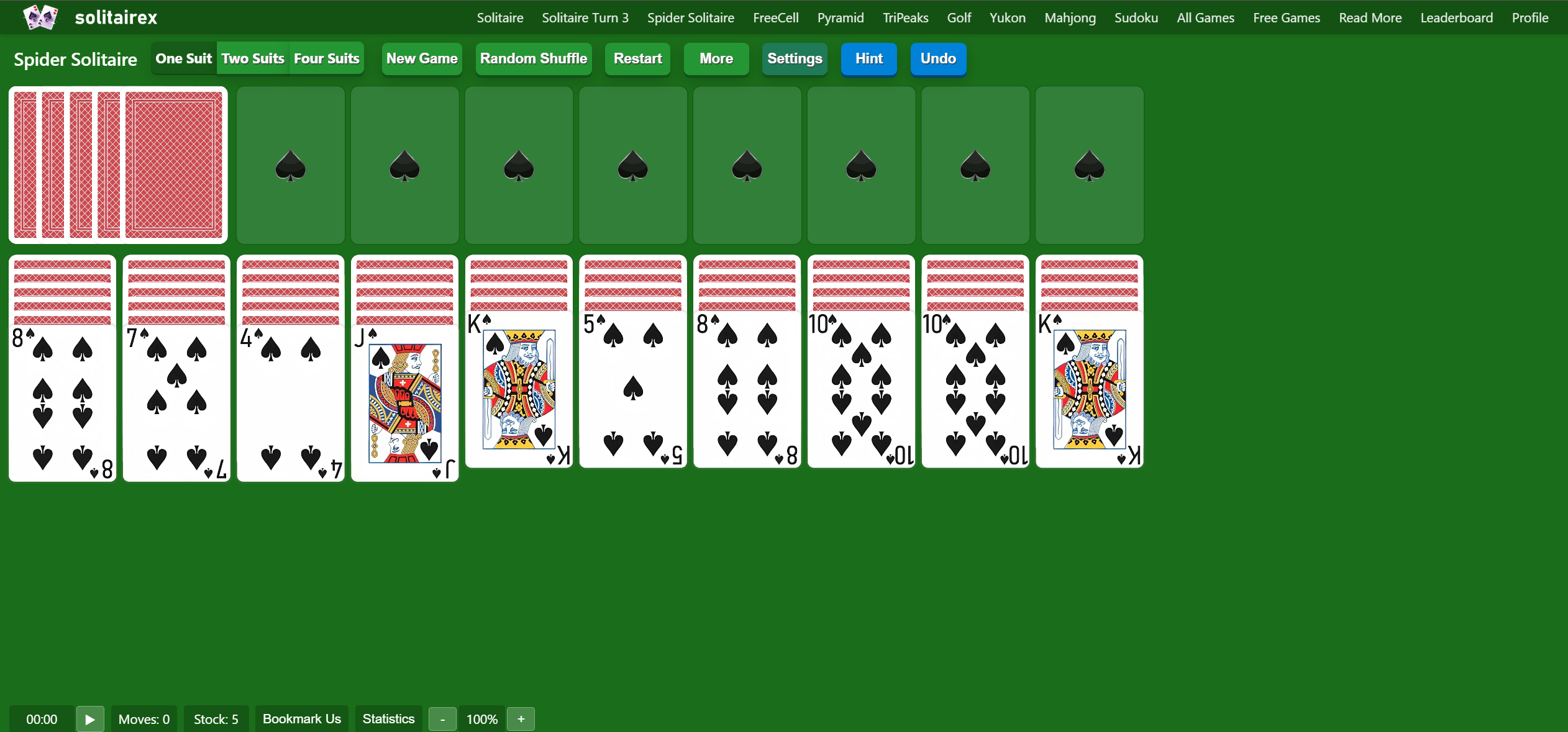
Spider Solitaire Variations: 1 Suit vs 2 Suits vs 4 Suits
Explore how Spider Solitaire changes with 1, 2, or 4 suits. We break down difficulty, win rates, time to complete, and who each version is best suited for—using insights from SolitaireX.io.
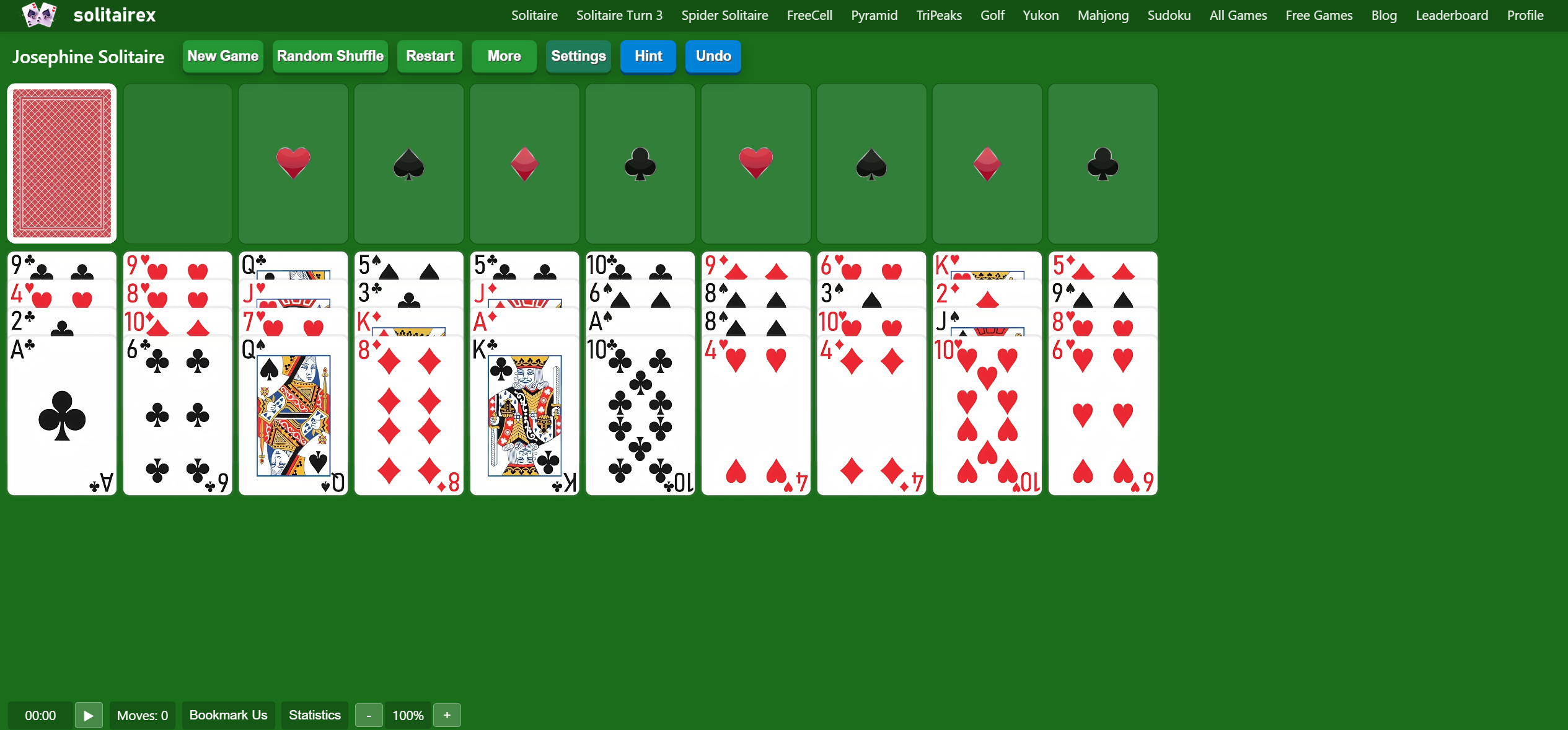
Josephine Solitaire Online – Free, Large Cards & Leaderboards | SolitaireX.io
Play Josephine Solitaire online for free on SolitaireX.io. Designed with large cards, smooth animations, unlimited undo and hints, free autoplay, and competitive leaderboards — perfect for relaxed or competitive play.

Decks & Destinations: The Solitaire Traveler Series Part 5: Berlin — Strategy & Culture Walks
Berlin’s rhythm of reflection and structure pairs perfectly with Solitaire’s calm logic. This guide invites travelers to explore the city’s culture and canals with a few mindful moves between each stop.

Decks & Destinations: The Solitaire Traveler Series Part 4: Tokyo – Mindful Play in a Fast City
Tokyo’s fast pace hides countless moments of calm — perfect for a mindful round of Solitaire. This traveler’s guide pairs iconic spots with short, focused play sessions to restore clarity on the go.
Latest guides crafted by Stoyan Shopov and Kalin Nikolov
Golf Solitaire Mastery: Strategy, Stats & Flow
Deal 7 columns of 5 face‑up cards (35 total). The remaining 17 cards*form the stock; flip the first stock card to start the waste. You may move only exposed tableau cards, and only if the rank is exactly one higher or lower than the waste top. Suits don’t matter. When no move exists, flip a new waste card. Clear all tableau cards to win.
TriPeaks Solitaire Mastery: Strategy & Analytics
Two peaks are dust; one stubborn ridge remains. Your waste shows a 9. The tableau flashes 10‑J‑10‑9‑8 like a heartbeat. You nudge the 10, feel the cadence lock in, and—without overthinking—trace a neat descent that crumbles the last peak. That tiny spark of *flow* is why TriPeaks hooks serious players: rhythm, restraint, and the rush of a run that arrives exactly on time.
Pyramid Solitaire Mastery: Strategy, Stats & Joy
Picture the pyramid down to its last stubborn tier: a Queen pinned beneath a ridge, a lone Ace on the waste, and a King begging to be burned for tempo. Heartbeat, breath, click—then the whole structure yields in a rush. If you’ve hit that razor‑edge finale, you already know Pyramid’s secret: small decisions, made in the right order, change everything.
FreeCell Solitaire Mastery: Strategy & Analytics Guide
I have a 15 years personal, lived experience—picture a scene built from thousands of session logs and notes from serious players: It’s late, and the board looks jammed. You clear a single column, free one cell, and suddenly a 9♣‑8♦‑7♣‑6♦ chain glides into place, untying the knot you stared at for ten minutes. The rush isn’t luck—it’s the quiet pleasure of a plan snapping into focus. When did FreeCell last feel less like “killing time” and more like practicing a craft you can actually master?
Media About Us
ourculturemag.com
Top 5 Games to Keep You Busy When You’re Bored
Wikipedia
Citation in Wikipedia page for data driven insights about solitaire.
Research: What Tech Do Senior Solitaire Players Use? A Data‑Rich Look
hashnode.dev
How SolitaireX.io Powers Seeded Deals and Replays Across 70 Solitaire Variations
0


